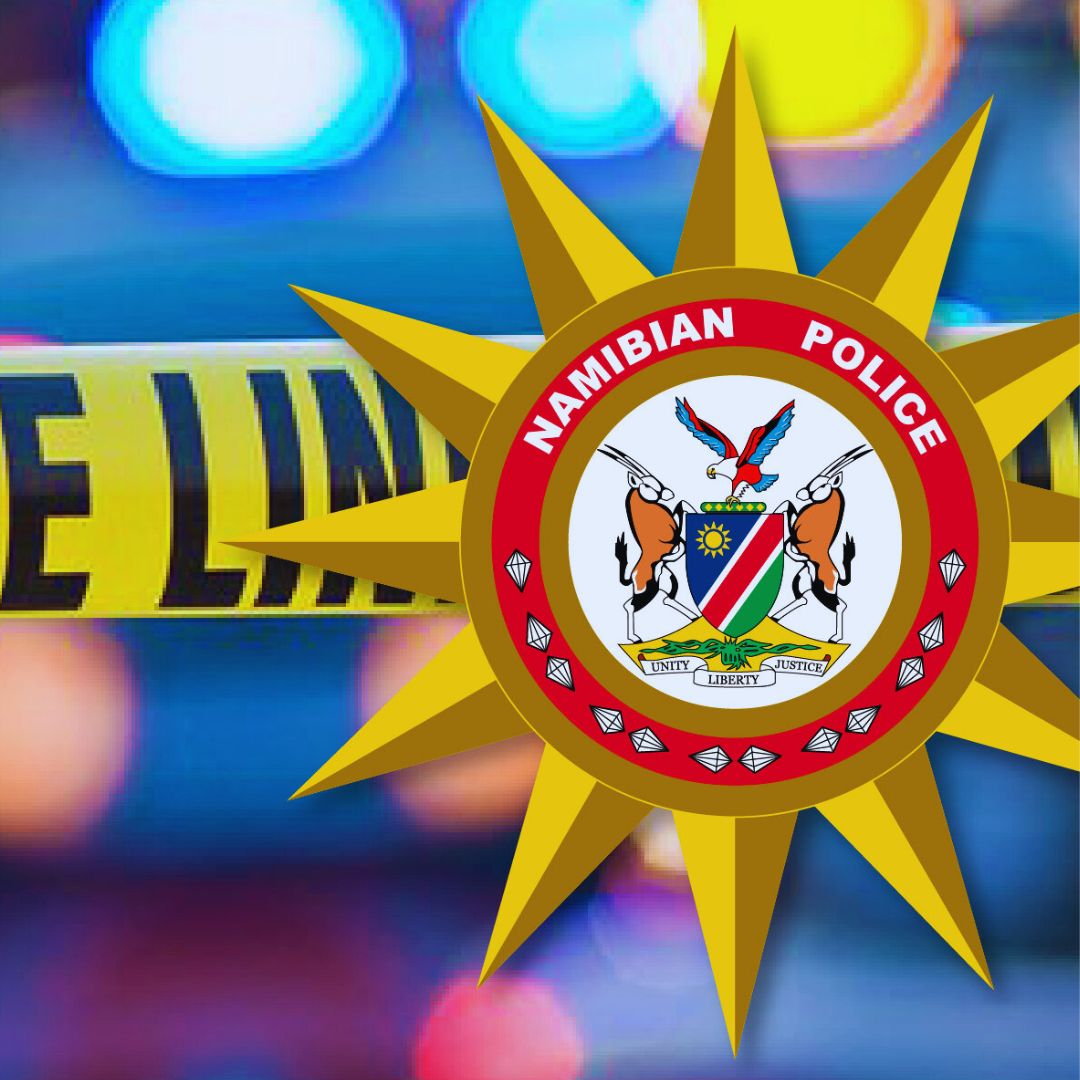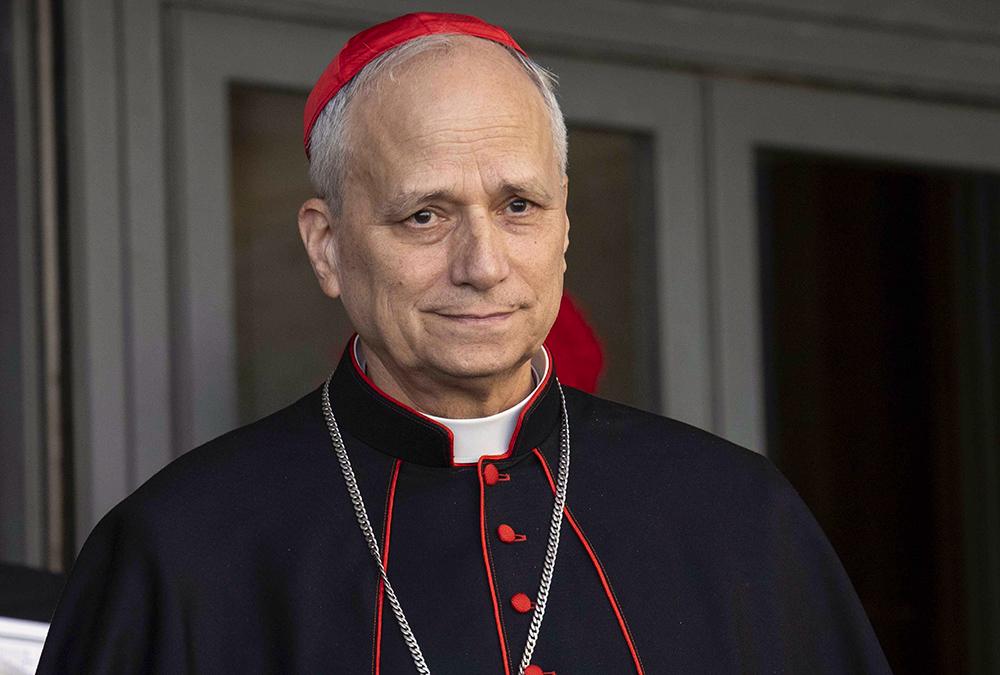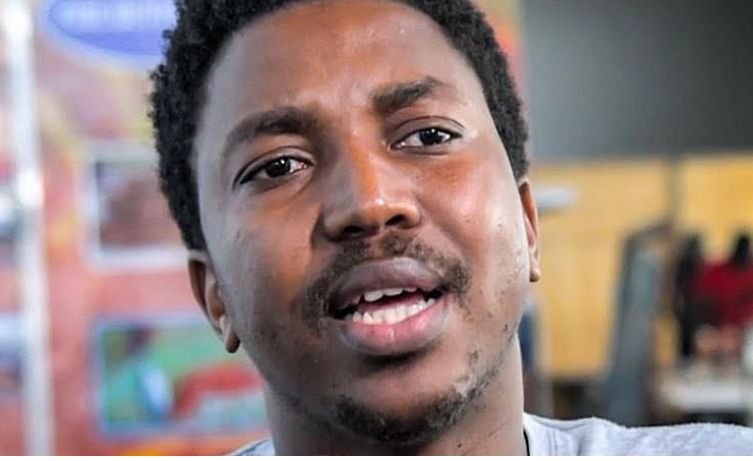SENTENCED prisoners the one moment; the next, their convictions and 12-year jail terms set aside by the country’s highest court – but then rearrested and charged afresh before they could get their first taste of freedom in almost seven years.
This was the see-saw ride through the highest levels of Namibia’s judicial system that two alleged key figures in a purported international phone fraud scheme that Telecom Namibia uncovered at Gobabis and Windhoek almost seven years ago went through on Thursday. When Congolese (DRC) national Tshimanya Williamson Luboya (40) and a Pakistani co-accused, Muhamad Ilyas Waheed (35), arrived at the Supreme Court on Thursday morning, they were still wearing the standard green clothing that is issued to convicted prisoners in Namibia’s jail system.During brief proceedings just after 10h00, they heard Judge of Appeal Gerhard Maritz announce that the Supreme Court has decided to allow an appeal that the two men had lodged against the conviction on two counts of fraud that they received in the High Court in late October 2001.The Supreme Court also set aside the 12-year prison terms that they received on October 29 2001.With this, a return to freedom some six years and nine months after they were first arrested beckoned for Luboya and Waheed.This was not to be, though, events that followed on the handing down of the Supreme Court judgement soon proved.In a judgement written by Acting Judge of Appeal Fred Chomba, with Appeal Judge Maritz and Acting Judge of Appeal Bryan O’Linn concurring, the court pointedly also added that it was leaving it open to the State to decide whether or not Luboya and Waheed should be prosecuted anew.If a new prosecution is undertaken, any sentences to be imposed if they are convicted must take into account the period they have already served in prison, the court ordered.Both men expressed their happiness and relief over the judgement after Appeal Judge Maritz had adjourned the court.”I feel relieved that we’ve now been vindicated,” Luboya said.”Very relieved,” Waheed described his mood.”It was hell,” he said about the years he had spent in prison for a crime that he still insists he did not commit.By early on Thursday afternoon, however, Luboya and Waheed – now, as trial-awaiting prisoners, dressed in their own civilian clothes – were back in the High Court.They had been rearrested after the Prosecutor General had indeed decided that they must again face the charges that led to their trial in the High Court almost six years ago.The conviction with which that trial ended was quashed by the Supreme Court not because the court was of the opinion that the prosecution had not proven its case against Luboya and Waheed.In its judgement the court did not even deal with the merits of the case.It however came to the conclusion that the men were denied their constitutional right to a fair trial because the Directorate of Legal Aid refused to grant them legal aid in a case that the High Court acknowledged involved serious, complex charges that could have resulted – and eventually did – in lengthy prison terms.This led the Supreme Court to conclude, in Acting Appeal Judge Chomba’s words, “that the convictions of the appellants are unsafe and unsound; they are not only bad, but incurably bad”.The Office of the Prosecutor General decided after the judgement had been handed down that Luboya and Waheed would be charged again, Deputy Prosecutor General Danie Small told Acting Judge John Manyarara when Luboya and Waheed appeared before him in the High Court in Thursday afternoon.The prosecution has also met Albert Strydom, the lawyer who successfully argued the two men’s appeal in the Supreme Court in late June last year, and Strydom has indicated that he would be willing to represent them at a re-trial if the Directorate of Legal Aid was willing to instruct him to appear for them, Small told the court.Luboya and Waheed now have to make another pre-trial appearance in the High Court on May 16.In the meantime, they remain in the same position that they have been in since their first arrest in early August 2000: in custody.According to the indictment against them – a copy was provided to them during their appearance in the High Court – they may face three counts of fraud, alternatively theft, when their re-trial starts.In the first two charges it is alleged that between July 20 and 27 2000 and July 4 and 31 2000 respectively at Gobabis, they persuaded people to have phone lines installed at premises at the town in these persons’ names.Luboya and Waheed then allegedly used the phone lines as a link in an international telephone exchange setup which is claimed to have ended with them abandoning the lines and the premises, leaving the people in whose names the lines were registered with unpaid phone bills totalling N$549 727,62 and N$657 463,47 respectively.In a similar alleged setup in Windhoek between August 4 and 8 2000, an unpaid phone bill of N$45 904,30 was run up, it is charged.Telecom Namibia lost over N$1,253 million through the alleged scam, it is claimedWhen Congolese (DRC) national Tshimanya Williamson Luboya (40) and a Pakistani co-accused, Muhamad Ilyas Waheed (35), arrived at the Supreme Court on Thursday morning, they were still wearing the standard green clothing that is issued to convicted prisoners in Namibia’s jail system.During brief proceedings just after 10h00, they heard Judge of Appeal Gerhard Maritz announce that the Supreme Court has decided to allow an appeal that the two men had lodged against the conviction on two counts of fraud that they received in the High Court in late October 2001.The Supreme Court also set aside the 12-year prison terms that they received on October 29 2001.With this, a return to freedom some six years and nine months after they were first arrested beckoned for Luboya and Waheed.This was not to be, though, events that followed on the handing down of the Supreme Court judgement soon proved.In a judgement written by Acting Judge of Appeal Fred Chomba, with Appeal Judge Maritz and Acting Judge of Appeal Bryan O’Linn concurring, the court pointedly also added that it was leaving it open to the State to decide whether or not Luboya and Waheed should be prosecuted anew.If a new prosecution is undertaken, any sentences to be imposed if they are convicted must take into account the period they have already served in prison, the court ordered.Both men expressed their happiness and relief over the judgement after Appeal Judge Maritz had adjourned the court.”I feel relieved that we’ve now been vindicated,” Luboya said.”Very relieved,” Waheed described his mood.”It was hell,” he said about the years he had spent in prison for a crime that he still insists he did not commit.By early on Thursday afternoon, however, Luboya and Waheed – now, as trial-awaiting prisoners, dressed in their own civilian clothes – were back in the High Court.They had been rearrested after the Prosecutor General had indeed decided that they must again face the charges that led to their trial in the High Court almost six years ago.The conviction with which that trial ended was quashed by the Supreme Court not because the court was of the opinion that the prosecution had not proven its case against Luboya and Waheed.In its judgement the court did not even deal with the merits of the case.It however came to the conclusion that the men were denied their constitutional right to a fair trial because the Directorate of Legal Aid refused to grant them legal aid in a case that the High Court acknowledged involved serious, complex charges that could have resulted – and eventually did – in lengthy prison terms.This led the Supreme Court to conclude, in Acting Appeal Judge Chomba’s words, “that the convictions of the appellants are unsafe and unsound; they are not only bad, but incurably bad”.The Office of the Prosecutor General decided after the judgement had been handed down that Luboya and Waheed would be charged again, Deputy Prosecutor General Danie Small told Acting Judge John Manyarara when Luboya and Waheed appeared before him in the High Court in Thur
sday afternoon.The prosecution has also met Albert Strydom, the lawyer who successfully argued the two men’s appeal in the Supreme Court in late June last year, and Strydom has indicated that he would be willing to represent them at a re-trial if the Directorate of Legal Aid was willing to instruct him to appear for them, Small told the court.Luboya and Waheed now have to make another pre-trial appearance in the High Court on May 16.In the meantime, they remain in the same position that they have been in since their first arrest in early August 2000: in custody.According to the indictment against them – a copy was provided to them during their appearance in the High Court – they may face three counts of fraud, alternatively theft, when their re-trial starts.In the first two charges it is alleged that between July 20 and 27 2000 and July 4 and 31 2000 respectively at Gobabis, they persuaded people to have phone lines installed at premises at the town in these persons’ names.Luboya and Waheed then allegedly used the phone lines as a link in an international telephone exchange setup which is claimed to have ended with them abandoning the lines and the premises, leaving the people in whose names the lines were registered with unpaid phone bills totalling N$549 727,62 and N$657 463,47 respectively.In a similar alleged setup in Windhoek between August 4 and 8 2000, an unpaid phone bill of N$45 904,30 was run up, it is charged.Telecom Namibia lost over N$1,253 million through the alleged scam, it is claimed
Stay informed with The Namibian – your source for credible journalism. Get in-depth reporting and opinions for
only N$85 a month. Invest in journalism, invest in democracy –
Subscribe Now!










